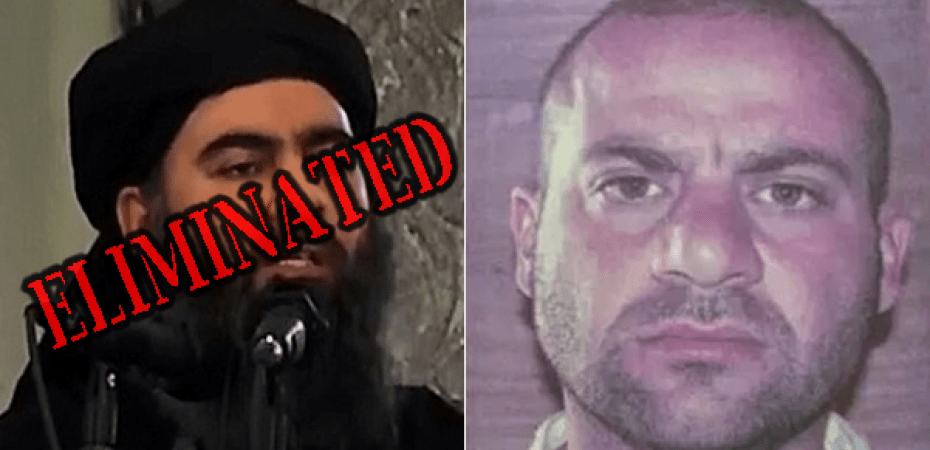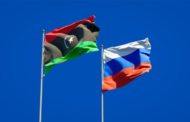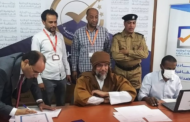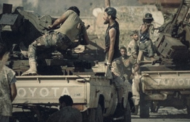Terror group ISIS has confirmed the death of its leader Abu Bakr al-Baghdadi after the self-appointed ‘caliph’ died during a U.S. special forces raid in Syria last weekend.
In an audio statement on October 31, the terror group announced Abu Ibrahim al-Hashimi al-Qurayshi as its new leader. Al-Qurayshi it is an unknown name which could be a pseudonym.
The message provided little information about the new leader, Al-Qurayshi. Aymenn al-Tamimi, a researcher at Swansea University focused on ISIS, said the name was unknown but could be a top figure called Hajj Abdullah whom the U.S. State Department had identified as a possible successor to Baghdadi.
The new leader was identified as a scholar, a well-known warrior and ’emir of war’ who has battled American forces and knows ‘its wars.’
‘America, don’t you realize that the Islamic State is now at the forefront of Europe and West Africa? It is extended from the East to the West,’ said new ISIS spokesman Abu Hamza al-Quraishi.
The statement also confirmed the death of former ISIS spokesman Abu Hassan al-Muhajir in a separate operation. ISIS fanatics were urged to swear allegiance to the new ‘caliph’, who does not have any remaining territory to rule over.
More than 10,000 ISIS prisoners are being held in Syria while another camp is home to some 70,000 people, mainly relatives of the extremists.
The US military has started reinforcing its positions around oil fields in eastern Syria, saying the new deployments are part of its continuing counter-terrorist mission after the killing of the Islamic State leader, Abu Bakr al-Baghdadi.
General Mark Milley, the chairman of the joint chiefs of staff, said that US forces would remain in Tanf along the Iraqi border, and more were being sent to the oil fields around Deir Ezzor in eastern Syria.
The defense secretary, Mark Esper, claimed that the objective of the deployment was to guard the oil fields to prevent the revenues benefiting Isis but also to keep them out of Syrian regime or Russian control, so that the benefits went to the Kurdish-led Syrian Democratic Forces (SDF).
“We want to make sure that SDF does have access to those resources in order to guard the prisons, in order to arm their own troops in order to assist us with the defeat Isis mission,” Esper said.


























